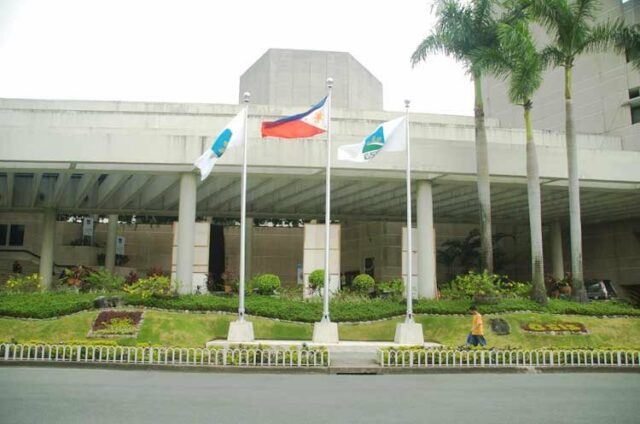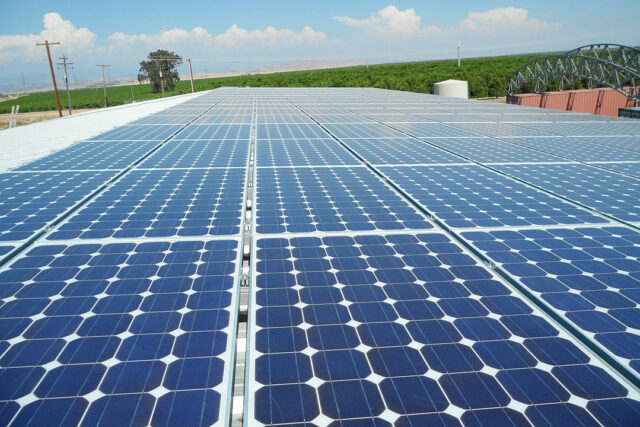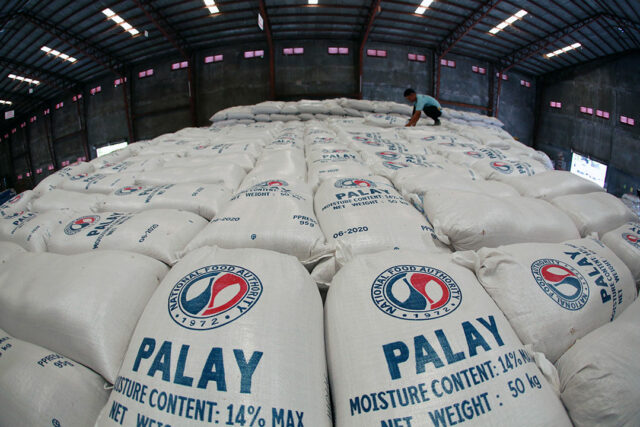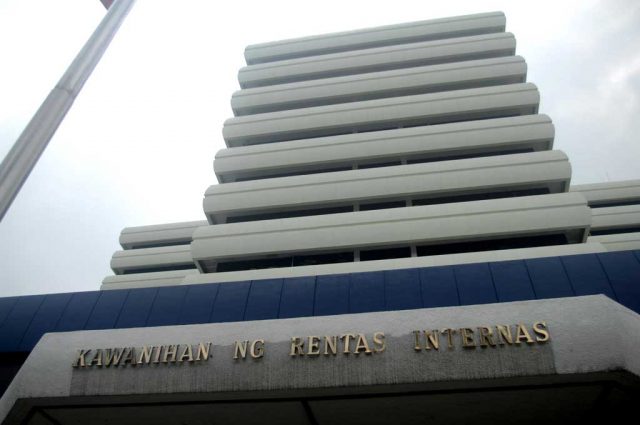THE PHILIPPINES needs to support its private sector by eliminating barriers to allow it to leave the middle-income economy category, the World Bank (WB) said.
At the Anti-Red Tape (ARTA)-World Bank Forum on Monday, World Bank Global Indicators Group Director Norman Loayza said middle-income countries will need about 5% per capita gross domestic product (GDP) growth to transition towards an advanced economy.
“Countries that are in the middle-income category, such as the Philippines, need about 5% of GDP per capita growth in order to escape what is called the middle-income trap,” Mr. Loayza said.
He said that the Philippines has achieved 3.4% per capita GDP growth in the last decade.
“This shows a gap, actually, between what the country should be growing at and how it has grown in the last 10 years,” he added.
“The key to escape this middle-income trap and to actually accelerate growth is the private sector. When you have a private sector that is dynamic, vibrant, and innovative, then you have growth,” he added.
He said in every country that has succeeded in developing its economy, the private sector has been the engine of growth.
“This is what we want to happen for the Philippines and for all developing economies,” he added.
He said that the government needs to support the growth of the private sector.
“And they can do it not by interfering, but actually by removing barriers. For instance, what ARTA does is removing red tape and putting enablers that facilitate business activity. These enablers are the public services that are essential for the private sector to grow,” he added.
These include having good roads, good infrastructure, protection against crime, and digital processes.
“All of these are important in the way that the government can provide support for the private sector to be that engine (of growth),” he added.
For the Philippines, he cited the need to focus on business entry, market competition, and business exit.
He said that focusing on the three will allow “most productive firms to remain and grow and the least productive firms to leave the economy and release resources and space so that other firms can enter, hire more workers, and therefore allow for higher growth.”
“The main goal really is to create good jobs for young people. The Philippines is going through a demographic transition and is blessed by having so many young people, potential workers. Many countries have used that demographic dividend in order to grow faster,” he added.
For its part, ARTA Secretary General Ernesto V. Perez said that it is set to launch the B-READY Reform Guidebook on May 21.
“It will be a guidebook … and we have formed working groups that we have formed into clusters so that all the 10 topic areas will be duly covered,” said Mr. Perez.
He said that the working groups will be composed of both government agencies and the private sector.
“As I emphasized earlier, we need stronger private-sector collaboration because we all know that the primary driver of economic growth is really the private sector; the government is simply there to provide the enabling environment,” he said.
“To implement those massive reforms, we need the support of the private sector under a whole-of-nation approach … This is needed not only to generate jobs and not only to have more foreign direct investment, but to really improve the lives of our countrymen,” he added. — Justine Irish D. Tabile











